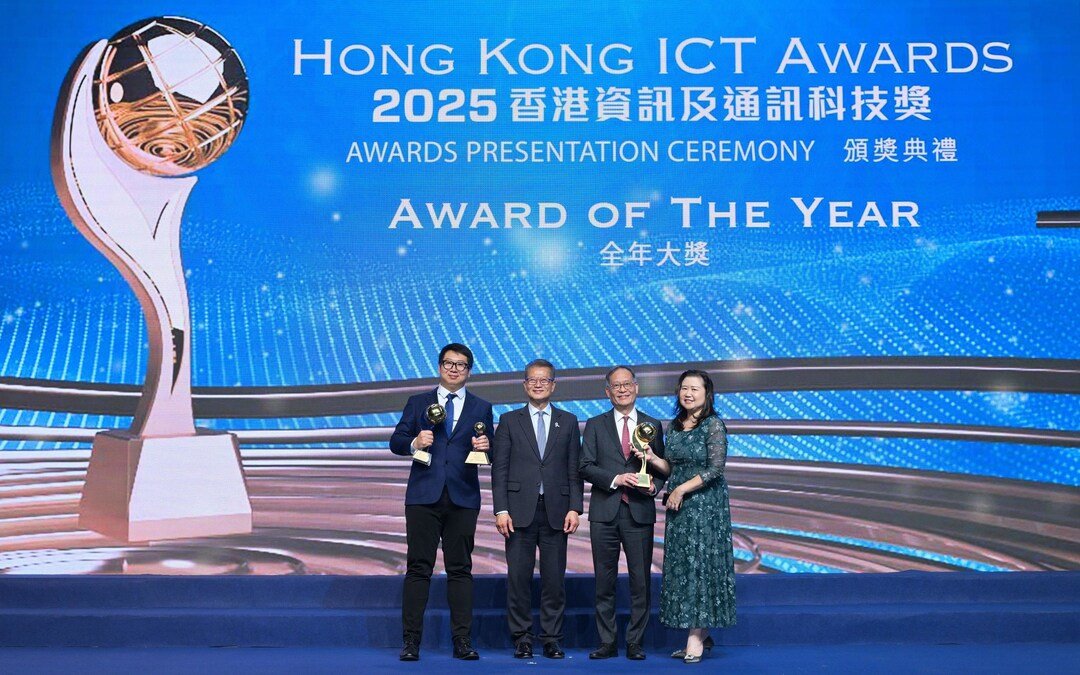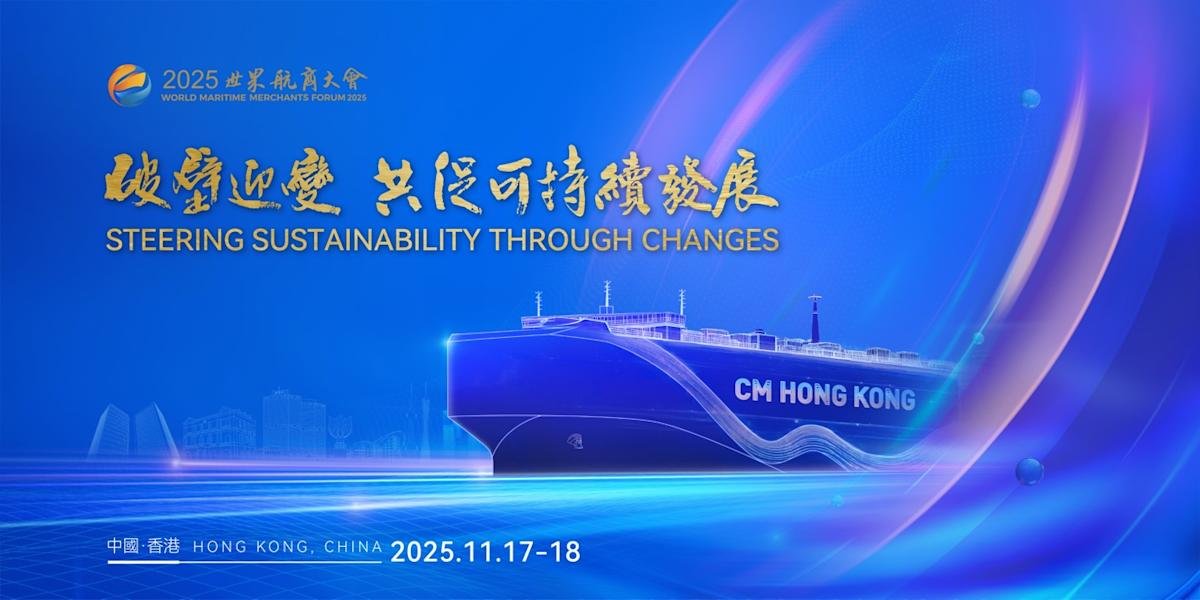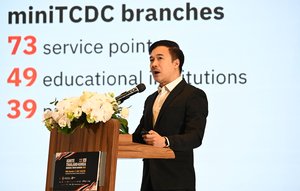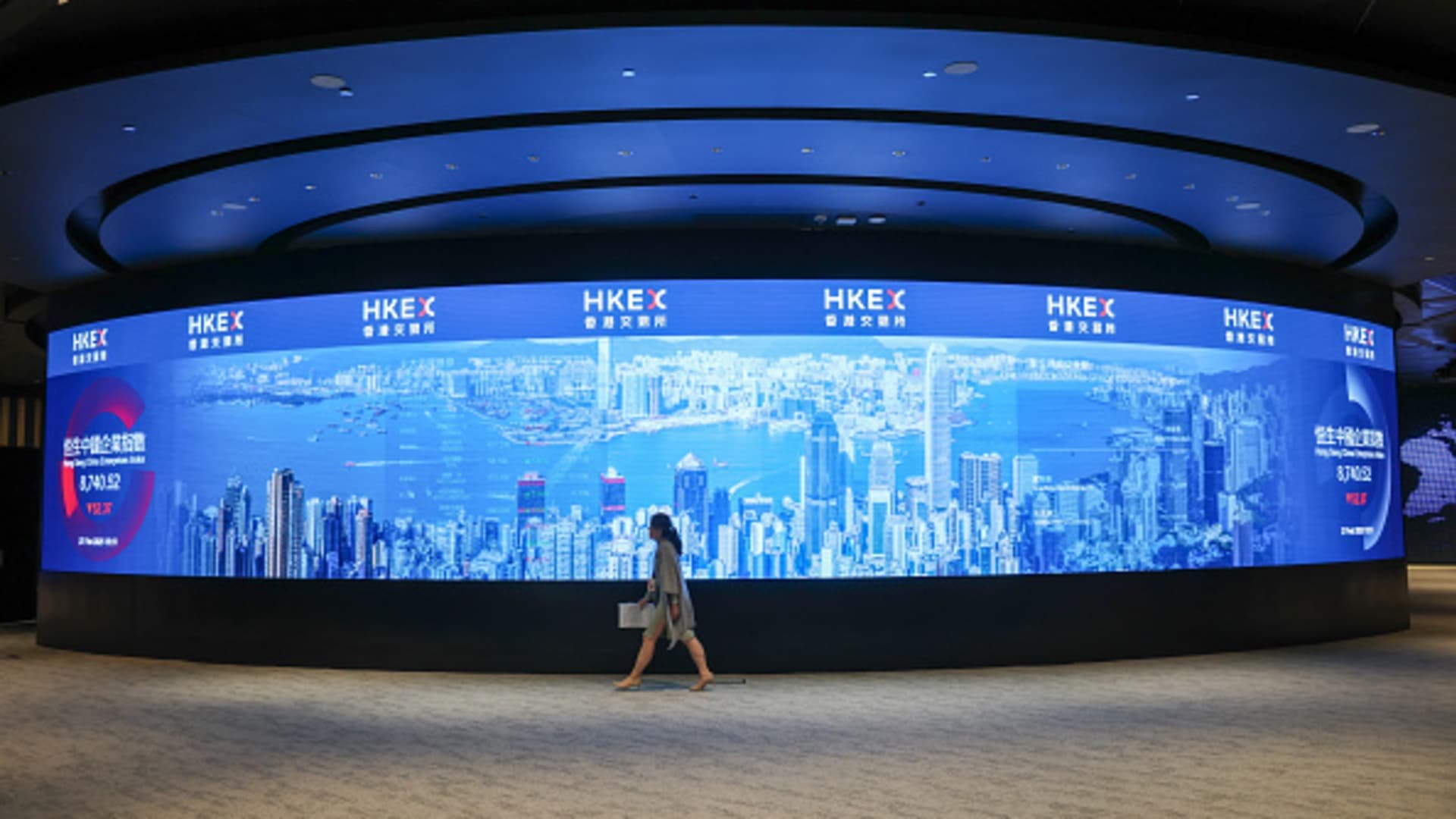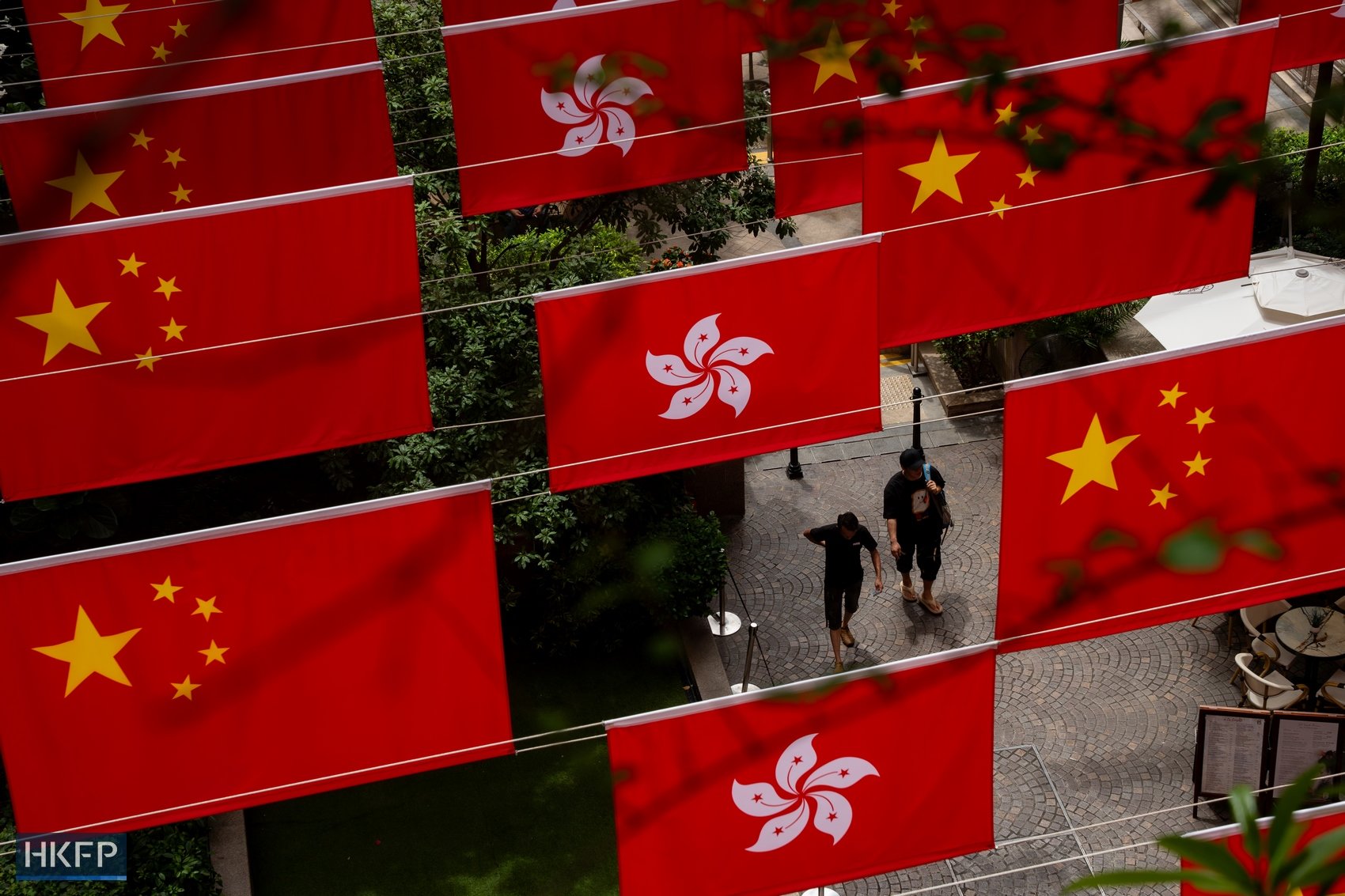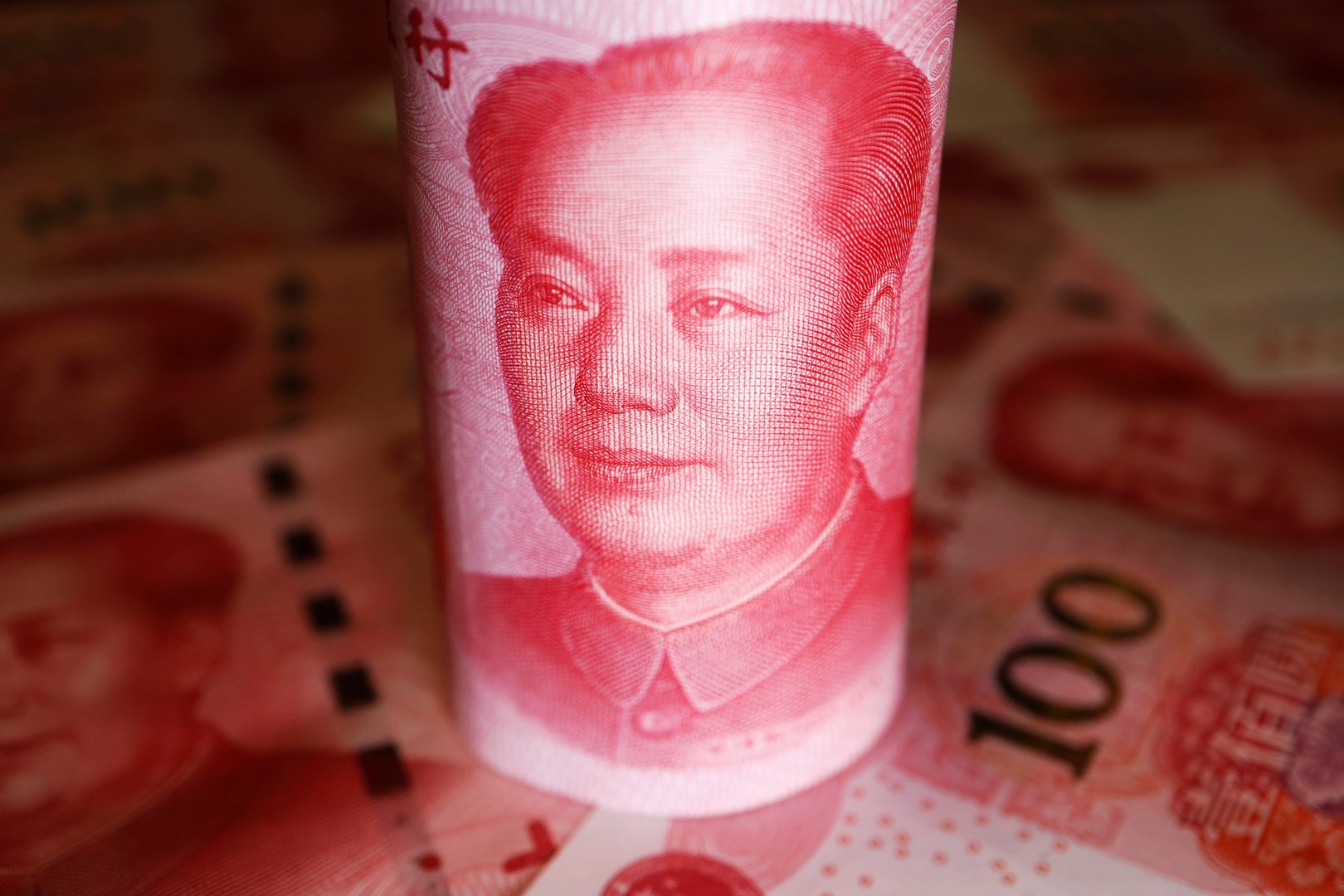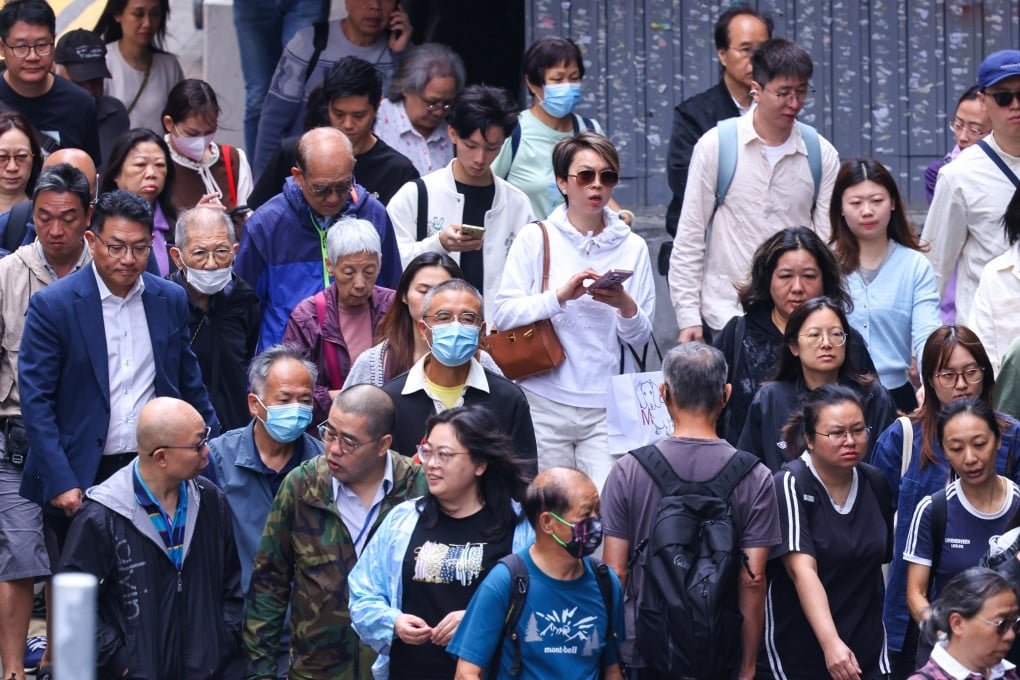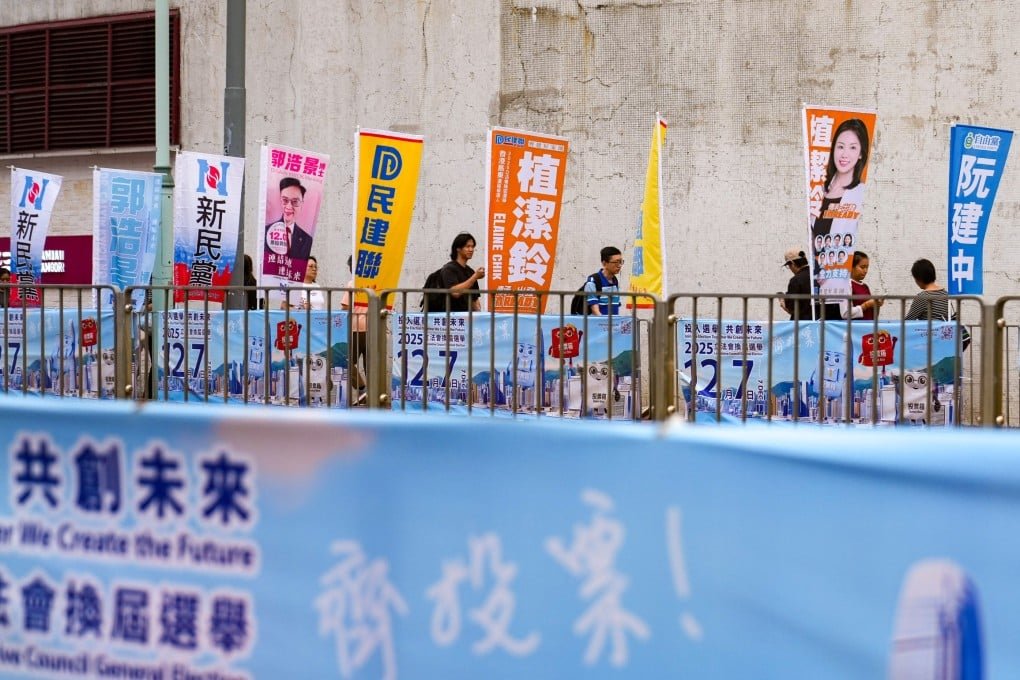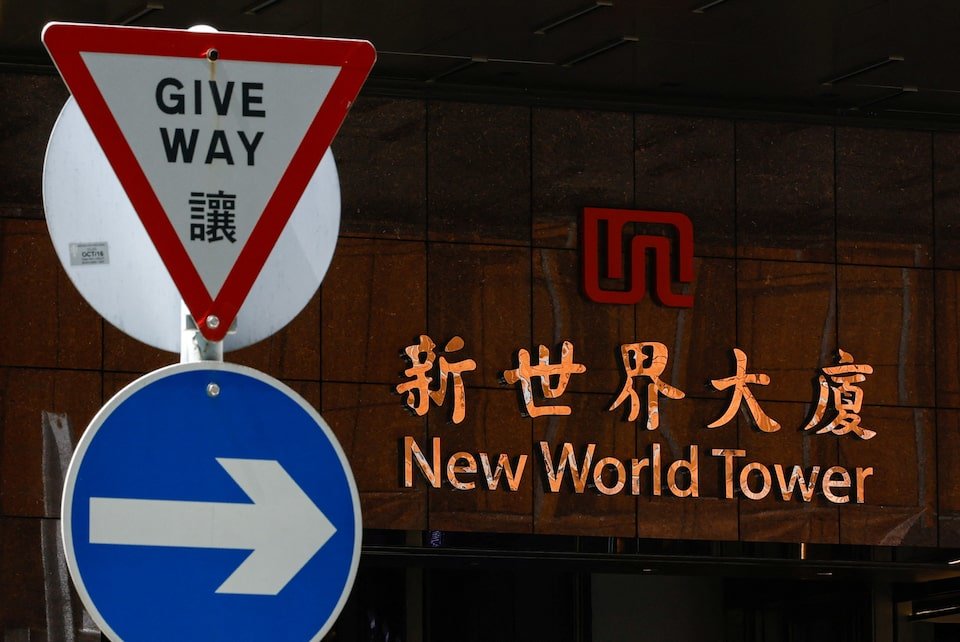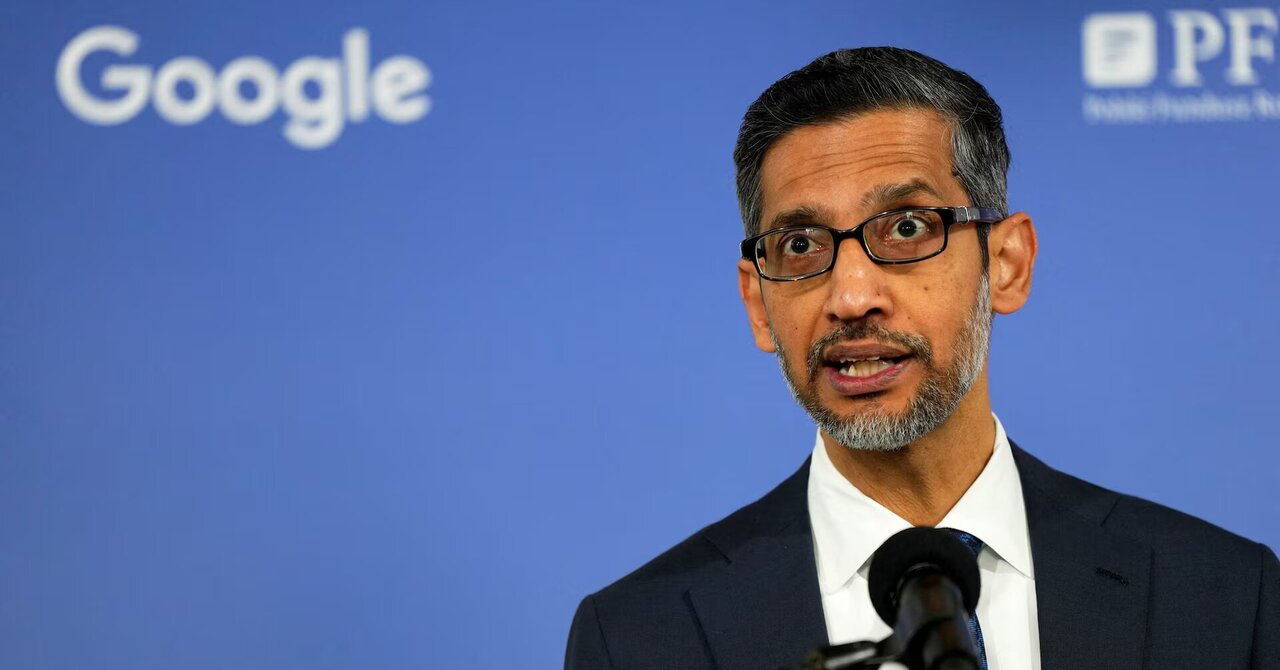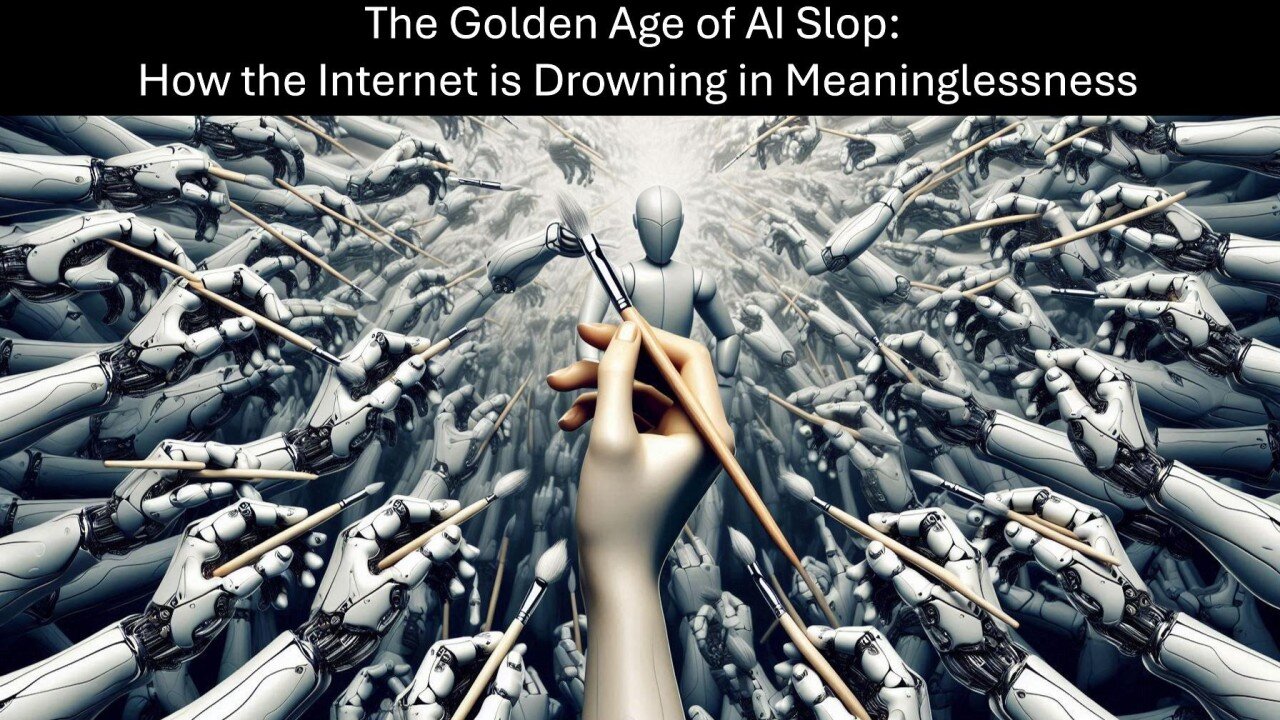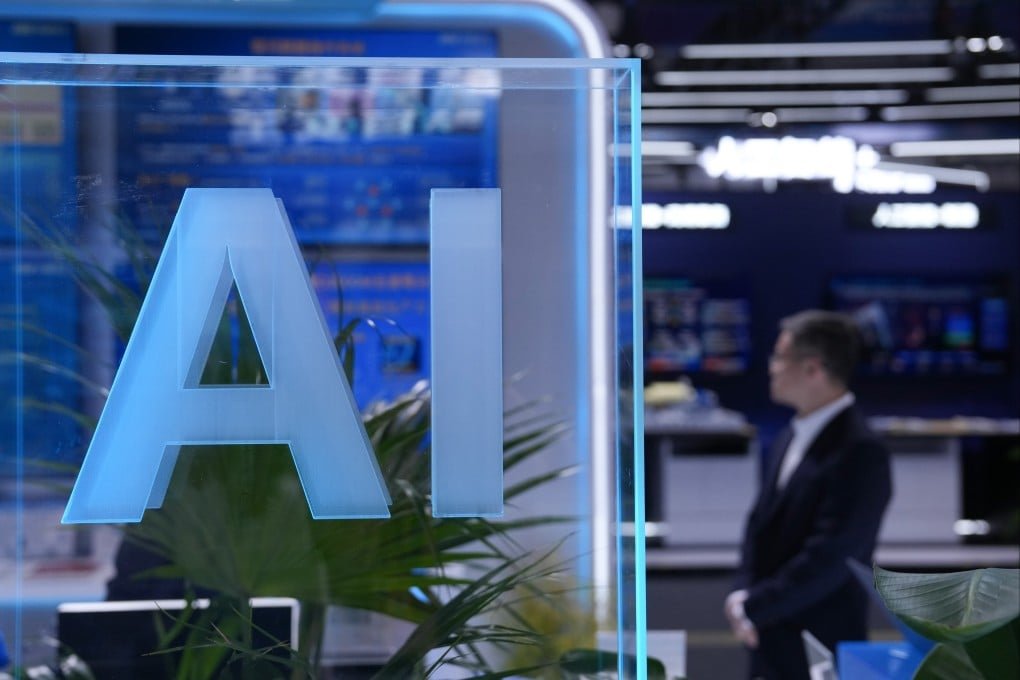
The discussion took place as competition between the two countries intensifies over the strategic and ethical dimensions of AI.
Sun Chenghao, a fellow at the Centre for International Security and Strategy at Tsinghua University, said that regulation of AI in the military domain and a broader governance framework addressing shared risks would create “common ground” for collaboration between the two powers.
He added that major-power engagement was essential for countries in the Global South to join meaningful governance efforts.
Christopher Nixon Cox, a board member at the Richard Nixon Foundation and U.S. panellist, said that bioweapons were “an obvious area” where Washington and Beijing should cooperate to “limit the influence of AI.” He emphasised the risk posed by autonomous research and deployment of AI-enabled weapon systems or dual-use technologies that facilitate rapid proliferation.
Commentators noted that the convergence reflects a rare alignment amid broader U.S.–China rivalry, particularly as each country advances AI systems applicable to defence, intelligence, and autonomous operations.
The alignment comes at a moment when the United States is tightening export controls and investment rules on AI and semiconductors linked to military uses, and China is accelerating its own deployment of AI technologies in defence.
Nonetheless, both experts acknowledged substantial obstacles.
Sun said that despite the shared language of governance, structural divergences in U.S. and China approaches—ranging from multilateral formats to values frameworks—make cooperation “logically difficult.” Cox flagged that trust deficits, verification mechanics and divergent political systems remain central hurdles.
Beyond the military dimension, the forum discussion underscored a larger theme: that governing AI may offer a practical area of engagement for the two countries even while strategic competition remains.
The participants suggested that setting shared limits on weapon-enabling AI, biothreat applications and autonomous systems could build trust and reduce escalation risks.
The Hong Kong forum thus offers a signal of openness to dialogue on defence-linked AI among key stakeholders in both the United States and China.
How far this alignment will translate into binding agreements, verification regimes or shared norms remains to be seen—though the experts agreed a standalone conversation is now both urgent and viable.




